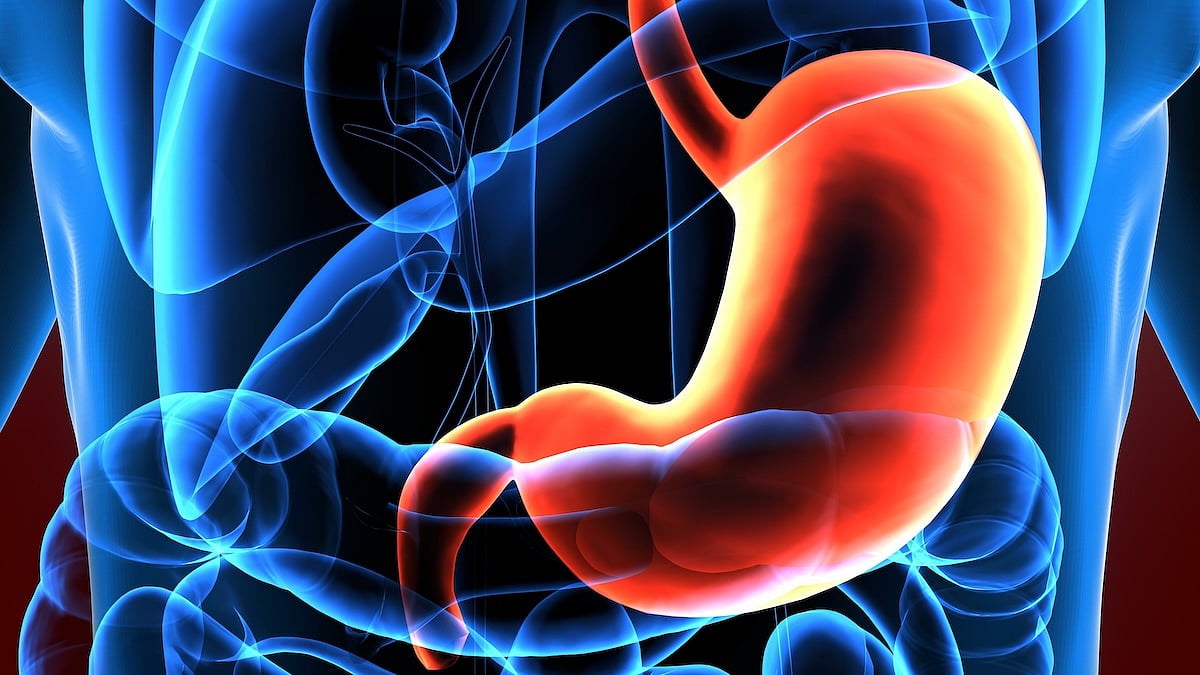Get Healthy!

- Posted July 8, 2025
Three-Quarters of Stomach Cancers Could Be Prevented By Targeting One Type of Bacteria
Three-quarters of stomach cancer cases could be prevented if doctors eradicate infection by a common type of bacteria, a new study says.
The bacteria, Helicobacter pylori, is linked to 76% of future stomach cancer cases, researchers reported July 7 in the journal Nature Medicine.
Most stomach cancers “are caused by chronic infection with H. pylori and can be prevented by treatment of the infection with a combination of antibiotics and proton pump inhibitors,” wrote the research team led by Jin Young Park, a scientist with the International Agency for Research on Cancer in Lyon, France.
In all, 2 in 5 of these expected stomach cancers (42%) will occur in China and India alone, researchers projected.
“Given that gastric cancer is largely preventable, more active intervention and control programs should be implemented in these high-resource East Asian countries,” researchers wrote.
More than half the people in the world might have an H. pylori infection at some point in their lives, the Mayo Clinic says. The bacteria seem to spread through contact with bodily fluids like vomit, stool or saliva.
H. pylori infections cause symptoms such as stomach pain, bloating and gas, as well as peptic ulcers in the stomach or small intestine, Mayo says.
About 30,300 new cases of stomach cancer will occur in the U.S. this year, and about 10,780 people will die from this type of cancer, according to the American Cancer Society. Most cases occur in seniors.
For the new study, researchers projected future cases of stomach cancer based on 2022 data from 185 countries.
In the absence of any intervention, they expect 15.6 million people born between 2008 and 2017 will at some point develop stomach cancer, with 11.9 million of those cases caused by H. pylori.
About 10.6 million of the cases will occur in Asia, including 6.5 million in India and China, results showed. Another 2 million cases will occur in the Americas, and 1.7 million cases in Africa.
Despite the low numbers compared to Asia, stomach cancers are expected to boom in Africa as the continent’s population grows, with future cases “estimated to be nearly six times greater than the currently estimated burden in 2022,” researchers wrote.
Researchers blamed a lack of public health action for the continuing risk posed by H. pylori bacteria among even developed nations.
“In the USA, there are currently no national guidelines or formal recommendations for gastric cancer prevention, although gastric cancer disproportionately affects Asian Americans, Hispanic Americans, African Americans and American Indian-Alaska Native individuals, and an increasing trend in young individuals (age <50 years) has been observed between 2016 and 2022, most notably in women,” researchers wrote.
While H. pylori infections can be easily treated, researchers said it would be best if a vaccine for the bacteria is developed.
“Currently, only one H. pylori vaccine has passed phase 3 of a clinical trial,” researchers noted. “More investment in future vaccine trials focusing on pediatric populations should be made, clarifying the mechanisms of vaccine-associated immunoprotection.”
More information
The Mayo Clinic has more on H. pylori.
SOURCES: Nature Medicine, July 7, 2025; Nature, news release, July 7, 2025





